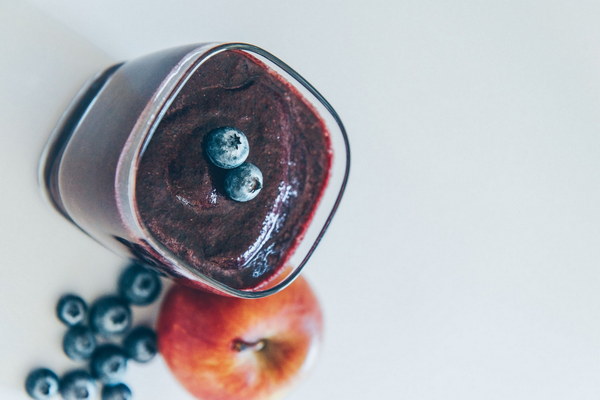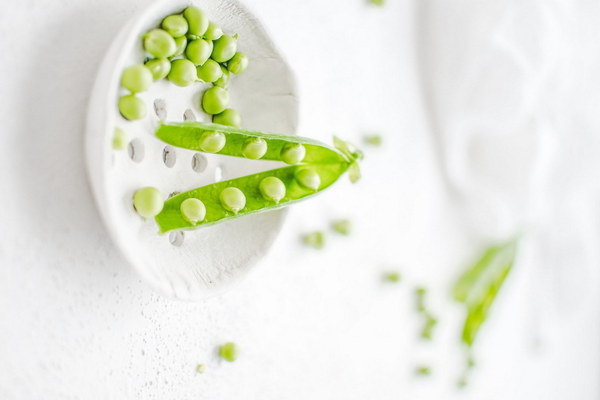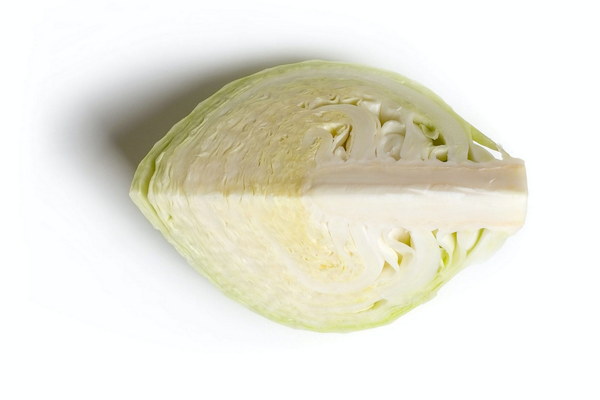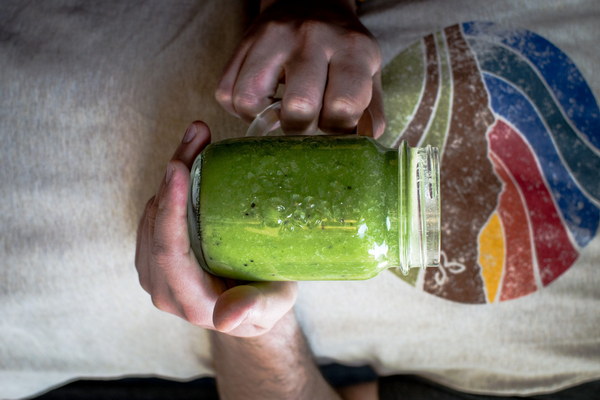Nasal Congestion Eased A Healing Cup of Herbs for Wellness
Nasal Congestion Eased: A Healing Cup of Herbs for Wellness
Navigating through the discomfort of nasal congestion can be a daunting task, especially during the colder months when allergies and flu are at their peak. While over-the-counter medications may offer temporary relief, many are turning to natural remedies for a gentler approach. One such remedy that has gained popularity is the nasal congestion herbal tea, a soothing blend designed to alleviate congestion, reduce inflammation, and promote overall wellness. In this article, we'll explore the benefits of nasal congestion herbal tea and how it can become a staple in your health regimen.
Understanding Nasal Congestion
Nasal congestion, also known as rhinitis, occurs when the nasal passages become inflamed and swollen, leading to a buildup of mucus. This condition can be caused by allergies, infections, or environmental irritants. Symptoms may include a runny or stuffy nose, sinus pressure, and headaches. While it's important to address the underlying cause, relief can often be found through natural means, such as herbal teas.
The Power of Herbs

Herbal teas have been used for centuries to treat a variety of ailments, and nasal congestion herbal tea is no exception. The blend typically includes a combination of herbs known for their anti-inflammatory, decongestant, and soothing properties. Here are some key herbs often found in this type of tea:
1. Eucalyptus: Known for its powerful decongestant properties, eucalyptus can help clear nasal passages and reduce inflammation.
2. Peppermint: With its menthol content, peppermint provides a cooling sensation that can soothe the nasal passages and alleviate sinus pressure.
3. Thyme: This herb is rich in thymol, a compound that has been shown to have antibacterial and anti-inflammatory effects, making it a great addition to a congestion-fighting tea.
4. Ginger: Ginger has natural anti-inflammatory properties and can help to reduce mucus production, making it easier to breathe.
5. Honey: Adding a spoonful of honey not only sweetens the tea but also provides its own soothing properties, which can help to coat the throat and ease irritation.
How to Prepare Nasal Congestion Herbal Tea
Preparation is simple and straightforward. Here's a basic recipe for a nasal congestion herbal tea:
- Ingredients: Fresh eucalyptus leaves, peppermint leaves, thyme, ginger, honey (optional), and boiling water.
- Instructions:
1. Begin by boiling water in a kettle.
2. While the water is heating, thinly slice a piece of ginger and add it to a teapot or a cup.
3. Once the water has reached boiling, pour it over the ginger slices.
4. Add a handful of eucalyptus leaves and peppermint leaves to the pot.
5. Let the tea steep for about 5-10 minutes, covered.
6. Remove the tea from the heat and strain out the herbs.
7. Add a spoonful of honey if desired and enjoy the warm, soothing beverage.
The Benefits of Nasal Congestion Herbal Tea
- Natural Relief: By using natural herbs, you can avoid the potential side effects that come with over-the-counter medications.
- Hydration: Drinking warm tea can help keep you hydrated, which is essential for thinning mucus and clearing the nasal passages.
- Stress Reduction: The act of brewing and sipping tea can be a calming ritual, which may help to reduce stress and improve sleep quality.
- Boosts Immunity: Some of the herbs used in the tea, such as thyme, have been shown to boost the immune system, helping the body to fight off infections that may be causing congestion.
Conclusion
While nasal congestion herbal tea may not be a substitute for medical treatment in severe cases, it can be a valuable addition to your wellness routine. Its natural ingredients and soothing properties make it a delightful way to alleviate the symptoms of nasal congestion and support overall health. So, the next time you find yourself battling congestion, consider reaching for a steaming cup of this healing herbal tea.









